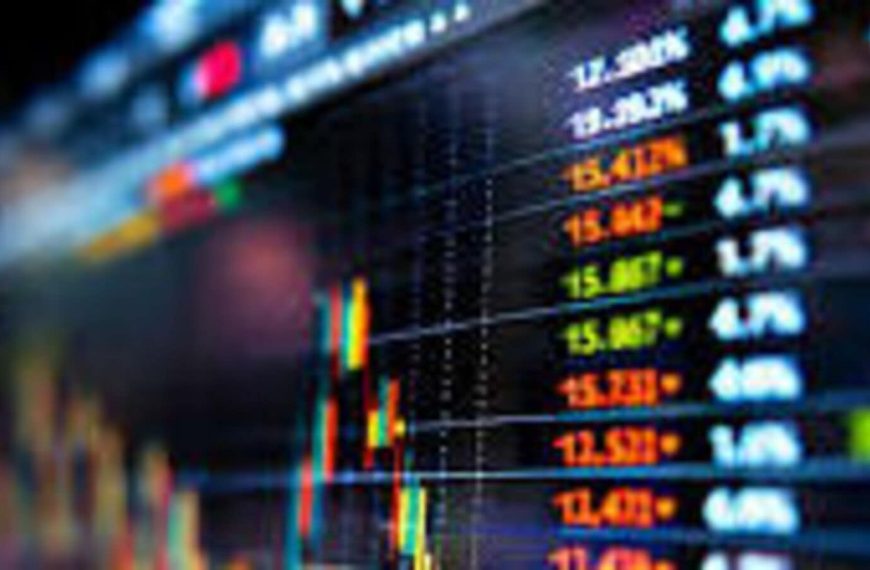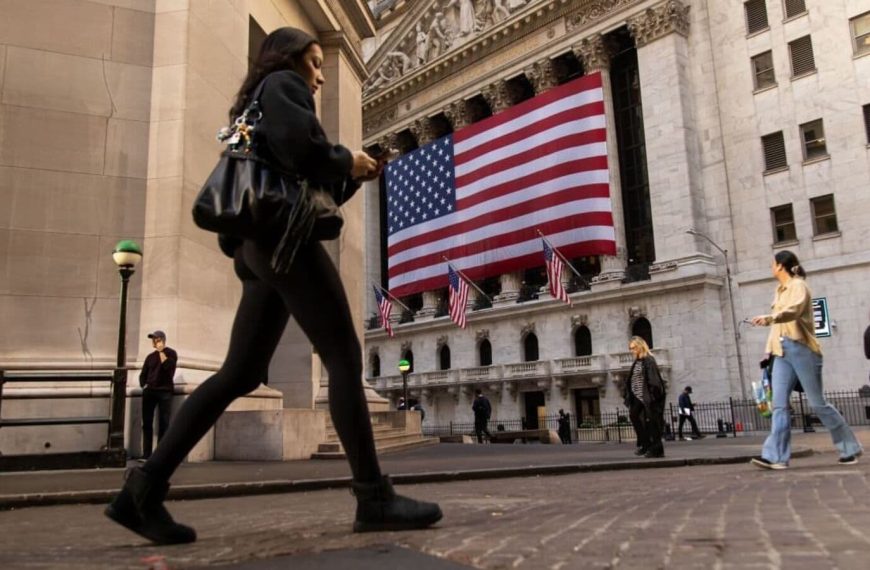Global Banking Sector Faces Significant Decline Amid Trade Tariff Turmoil
On April 4, 2023, the global banking sector experienced a severe downturn, largely driven by U.S. President Donald Trump’s aggressive tariff policies. This situation led to a notable drop in Japanese bank stocks, while European banking shares plummeted by 7%, marking their most significant single-day decline since February 2022. Amidst this financial chaos, safe-haven U.S. Treasuries saw a surge in demand.
Market Reactions and Expectations
Traders are now anticipating more than 100 basis points in cuts to the Federal Reserve’s interest rates for the remainder of the year. This drastic market shift reflects growing concerns over the economic landscape.
Chris Scicluna, Head of Economic Research at Daiwa Capital Markets, remarked, “We are witnessing a substantial erosion of wealth across markets, with fixed income being the notable exception, enjoying a robust rally. The current low bond yields and flatter yield curves pose challenges for banks.”
The Japanese Economic Landscape
Kyle Rodda, a Senior Financial Market Analyst at Capital.com, highlighted that the ongoing trade conflict has stifled economic growth in Japan. “The fears are that the trade war has hindered Japan’s reflation efforts,” he stated, adding that lower yields and a stronger yen create a challenging environment for banking profitability.
Global Economic Dynamics
Fred Neumann, Chief Asia Economist at HSBC, indicated that the global economic climate has shifted dramatically, particularly for Japan. “With a weaker dollar and looming threats of a global trade recession, Japan’s reflation outlook has taken a hit. The market’s expectations for rate hikes by the Bank of Japan (BOJ) have been pushed further away,” he explained.
Scrutinizing Future Rate Hikes
Sean Taylor, Chief Investment Officer at Matthews Asia, pointed out that the recent declines in Japanese banks are linked to previous optimism about potential rate hikes from the BOJ. “Market sentiment has shifted, and there are now concerns that the anticipated rate hikes may not materialize,” he noted.
Potential Recession Risks
Michael Makdad, a Senior Equity Analyst at Morningstar, reflected on the current scenario, stating, “We are facing a binary situation: either U.S. tariffs remain as they are, leading to a possible recession in Japan, or they are revised, allowing for more optimistic growth forecasts.”
Alternative Investment Strategies
Jon Withaar, Senior Portfolio Manager at Pictet Asset Management, discussed the implications for Japanese banks, noting, “Banks are finding themselves in a precarious position with declining rate hike expectations and the looming possibility of a global recession.” He suggested that investors might want to consider sectors like real estate and construction, which are less affected by tariffs and maintain strong fundamentals.
In conclusion, the global banking sector is currently navigating turbulent waters, influenced by geopolitical trade tensions and shifting economic dynamics. This evolving situation underscores the importance of vigilant market observation and strategic investment positioning.











